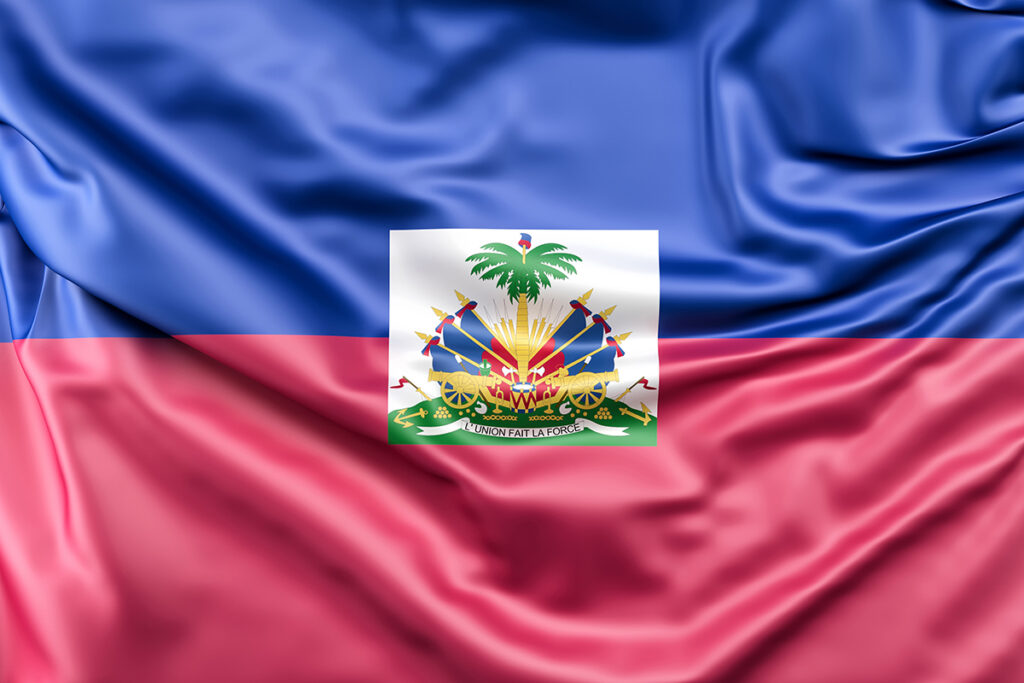Haiti’s political landscape is in turmoil as Prime Minister Ariel Henry grapples with escalating demands for his resignation while stranded in Puerto Rico. The situation has intensified with recent gang attacks that have effectively shut down the main international airport and led to the release of over 4,000 inmates.
Ariel Henry, a 74-year-old neurosurgeon who previously practiced in southern France, first entered Haitian politics in the early 2000s as a leader of a movement opposing then-President Jean-Bertrand Aristide. After Aristide’s removal, Henry joined a U.S.-backed council that helped select the transitional government. He has since held government roles, including director-general of Haiti’s Ministry of Health and minister of the interior and territorial communities.
Henry assumed office as prime minister in July 2021, following the assassination of President Jovenel Moïse. However, his appointment was met with criticism and calls for resignation due to the absence of elections and a popular mandate. Despite these challenges, Henry has consistently emphasized his commitment to unity and dialogue, taking steps to organize elections by appointing a transition council for that purpose.
The political crisis in Haiti has been exacerbated by the prolonged delay in holding elections, which are crucial for establishing a legitimate government. Gang-related violence and kidnappings have surged across the country, with over 8,400 people reported killed, injured, or kidnapped last year alone.
Henry’s recent absence from Haiti, including his trip to a summit in Guyana and a visit to Kenya, has further complicated the situation. While in Guyana, he reportedly assured Caribbean leaders that elections would be held by mid-2025. However, coordinated gang attacks ensued in Haiti shortly after, leading to speculation about the timing and motives behind the attacks.
The prime minister’s unexpected landing in Puerto Rico, after being denied entry to the Dominican Republic, has raised concerns about his ability to govern effectively and his plans for the future. Caribbean leaders have reportedly presented Henry with various options, including resignation, but he has rejected these calls and expressed his intention to return to Haiti.
In response to the deepening crisis, the United Nations Security Council has scheduled an emergency meeting to address the situation in Haiti. The U.S. and its allies have urged Henry to expedite the transition to an empowered and inclusive governance structure, emphasizing the critical need for stability and security in the country.
As Haiti’s political turmoil unfolds, the path forward remains uncertain. The challenges confronting Prime Minister Ariel Henry underscore the complexities of governance in Haiti and the urgent need for a peaceful and sustainable resolution to the country’s ongoing crisis.


